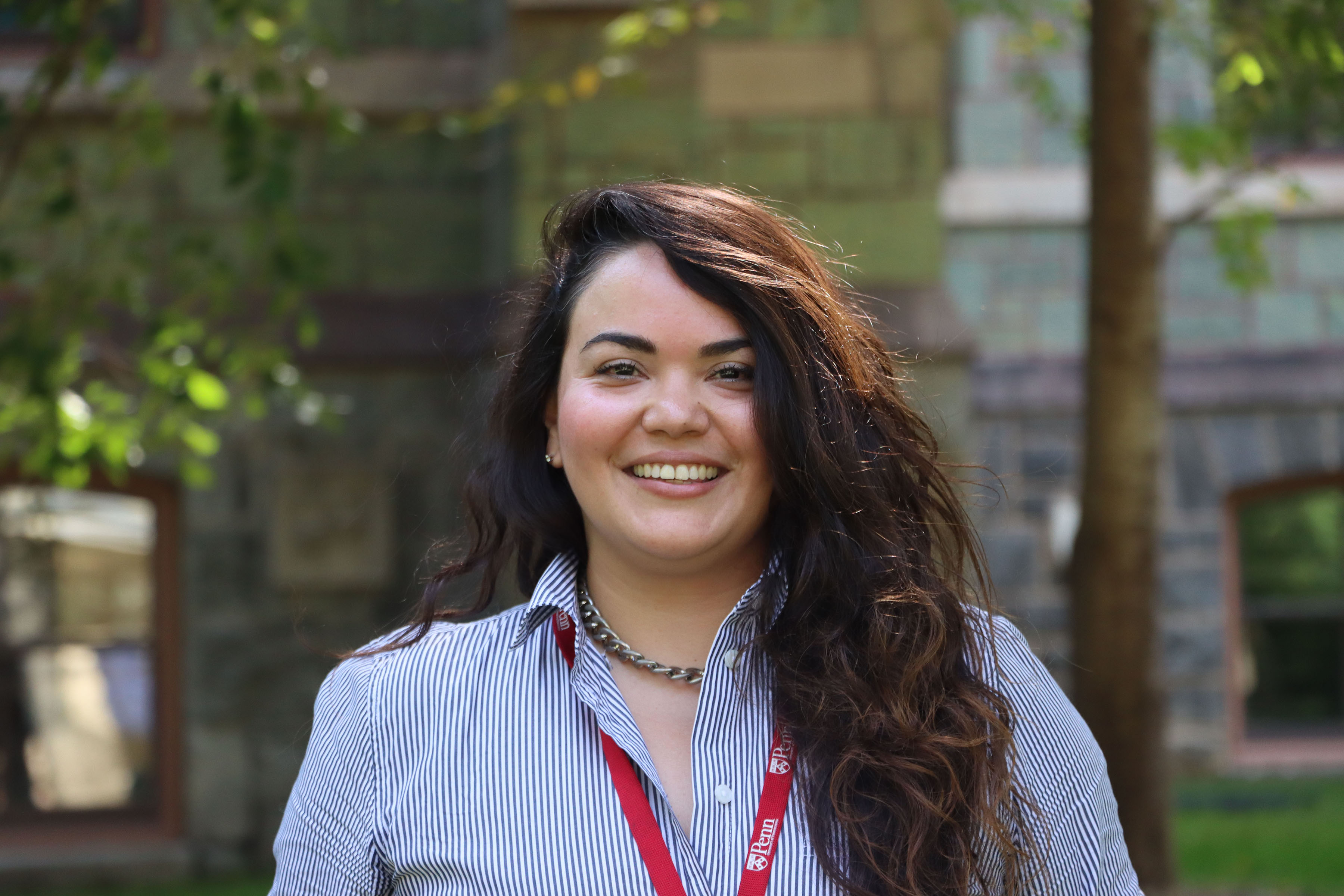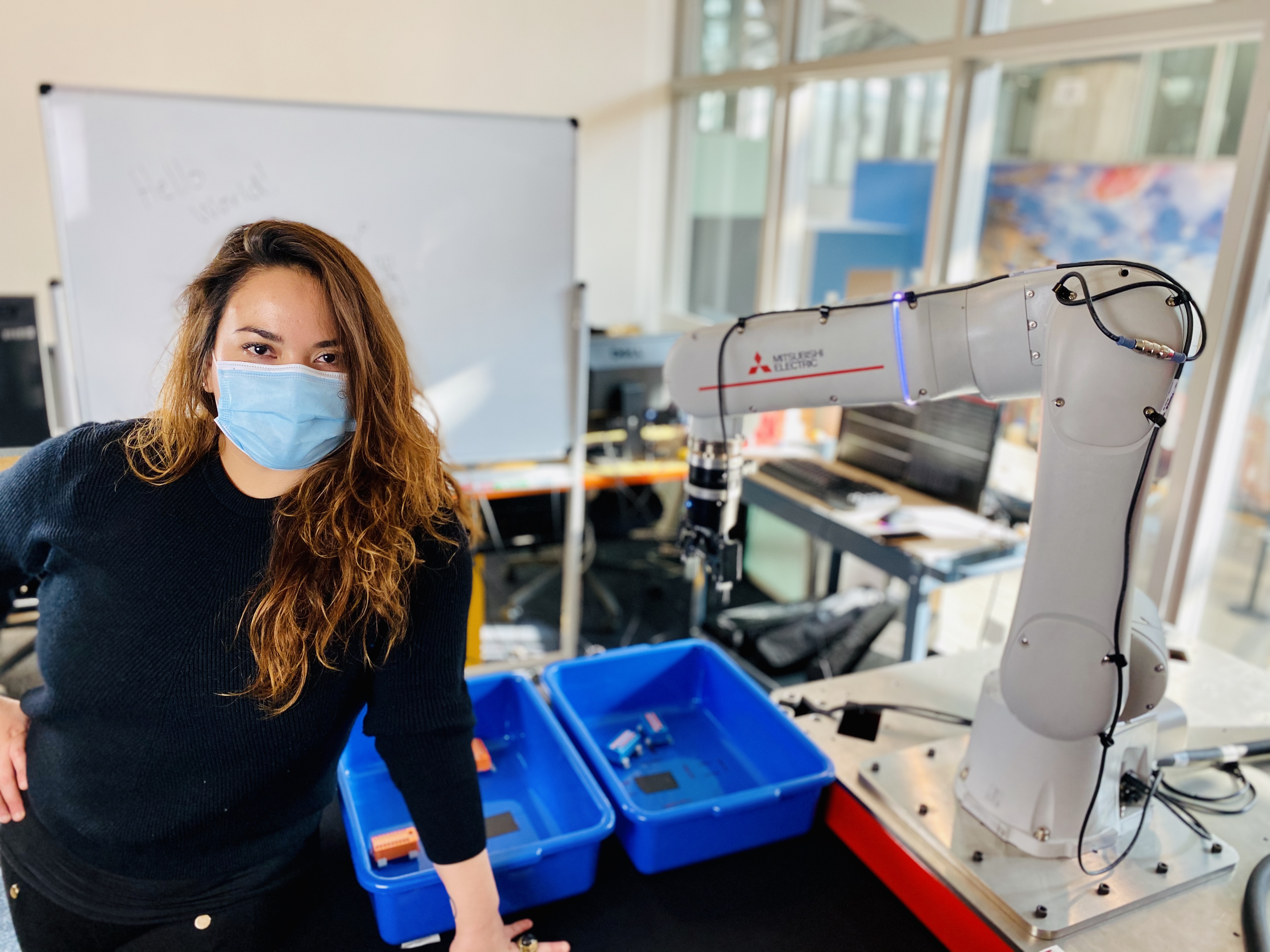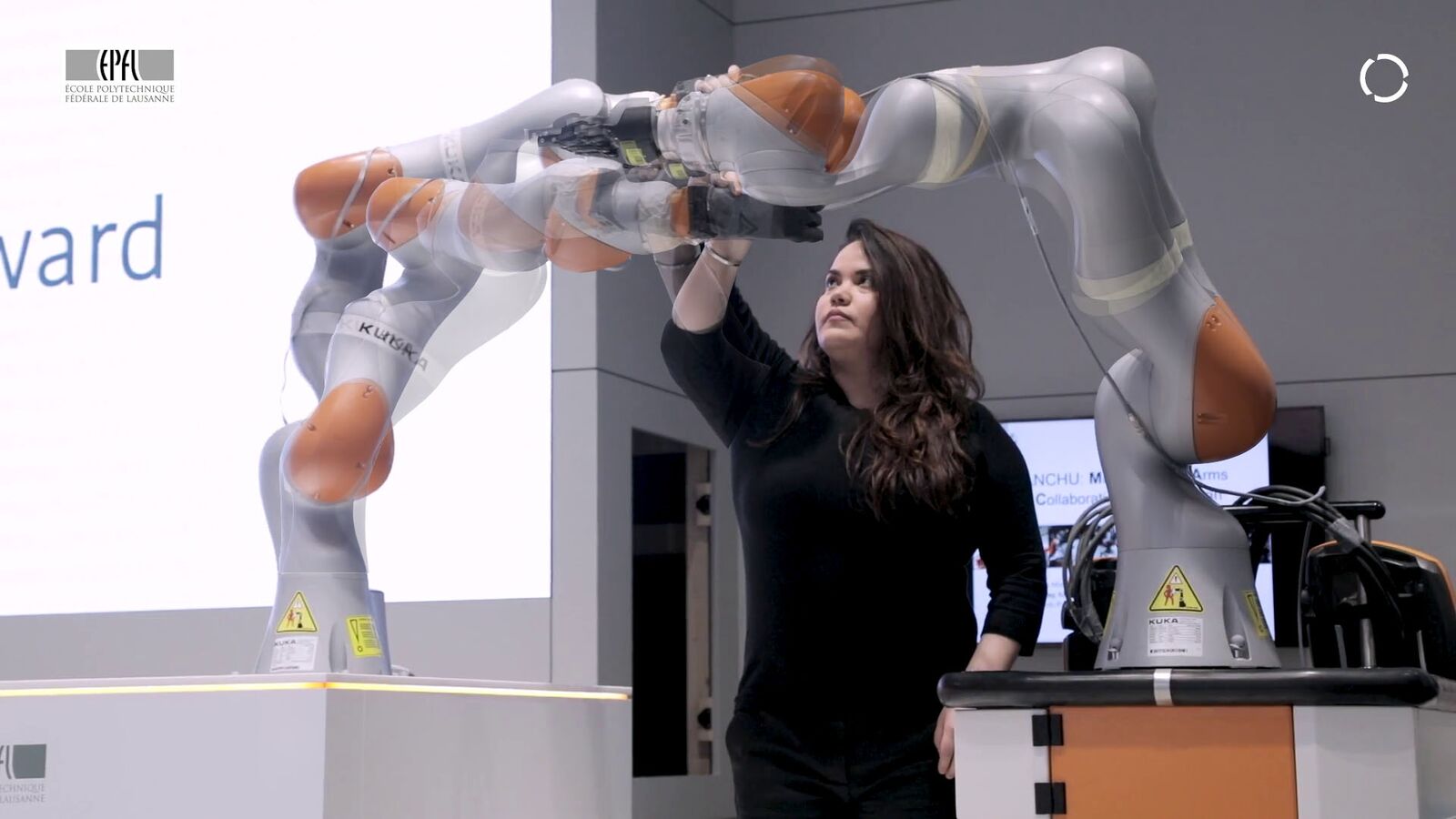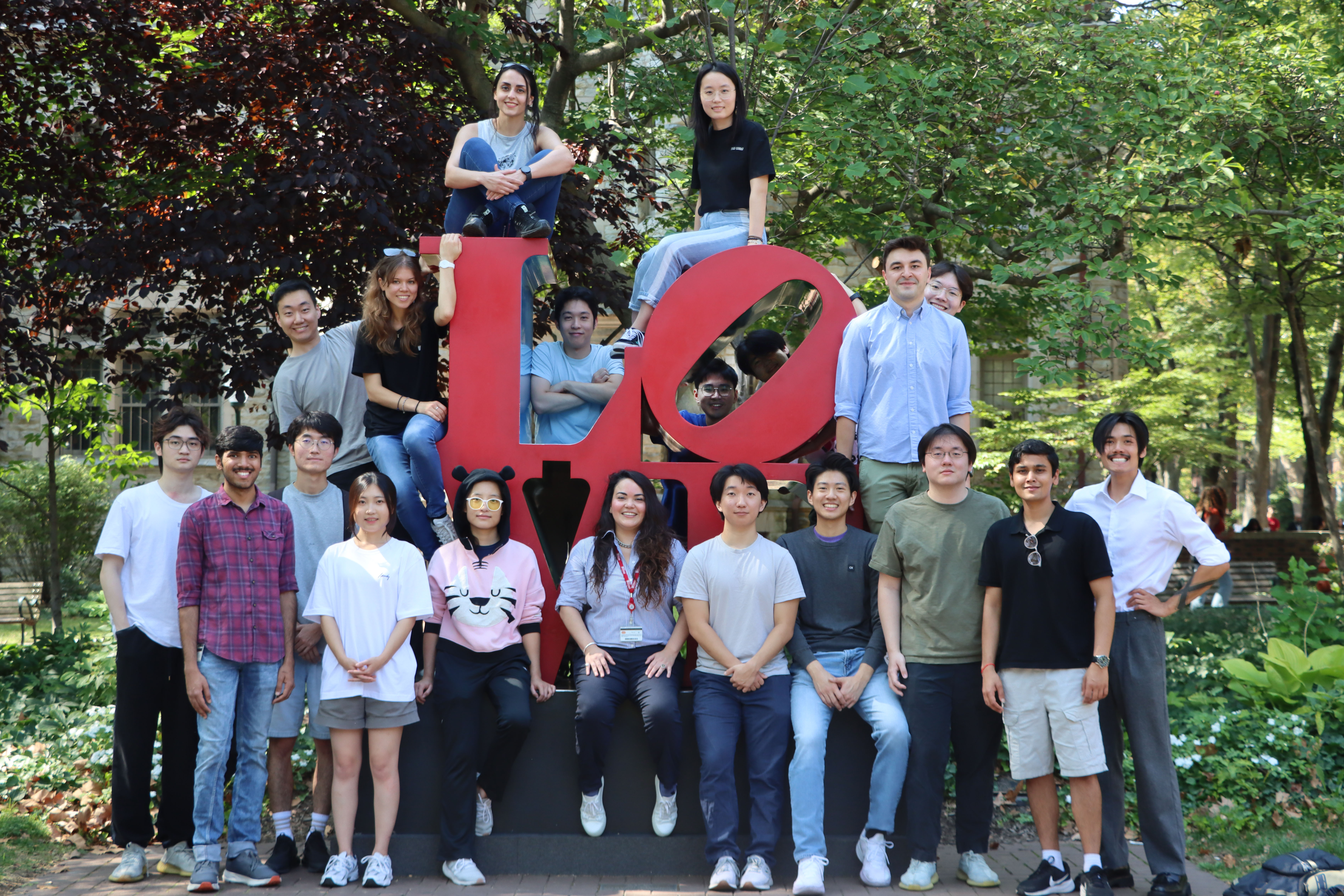|
"I don't sell promises, I sell guarantees." - NF (2025) I am the Shalini and Rajeev Misra Presidential Assistant Professor in the Mechanical Engineering and Applied Mechanics (MEAM) Department at the University of Pennsylvania. I hold secondary appointments in the departments of Computer and Information Science (CIS) and Electrical and Systems Engineering (ESE) and I am a core faculty at the General Robotics, Automation, Sensing & Perception (GRASP) lab. Before joining Penn, I was a Postdoctoral Associate in the Interactive Robotics Group of the Computer Science and Artificial Intelligence Laboratory (CSAIL) at the Massachusetts Institute of Technology (MIT), advised by Prof. Julie A. Shah. I obtained a Ph.D. in Robotics, Control and Intelligent Systems from the Swiss Federal Institute of Technology in Lausanne (EPFL), advised by Prof. Aude Billard. Prior to this, I spent time as a Research Assistant in the Robotics and Mechatronics Institute at the German Aerospace Center (DLR) and at NYU Abu Dhabi. I hold a B.Sc. in Mechatronics from Monterrey Tech and M.Sc. in Automation and Robotics from TU Dortmund. Email • LinkedIn • CV • Short Bio • Google Scholar |

|
|
|
 
|
|
If you like this template, check out this guy's website. |
